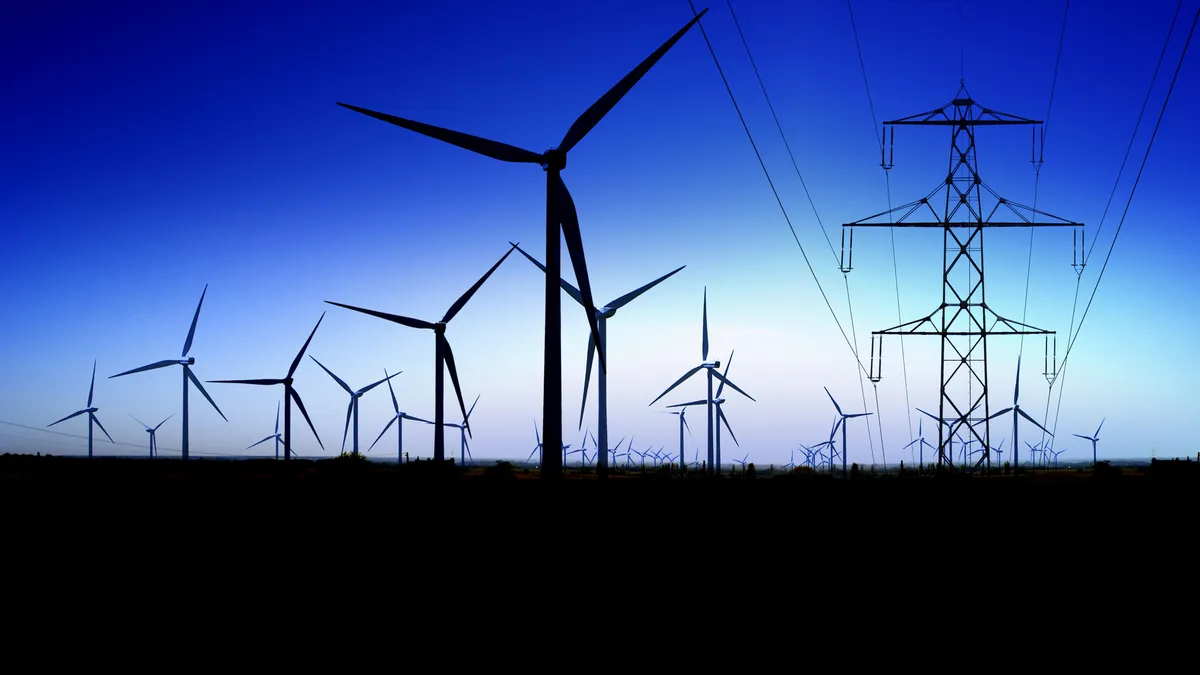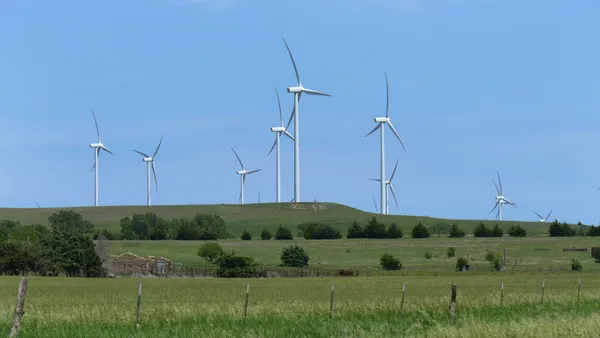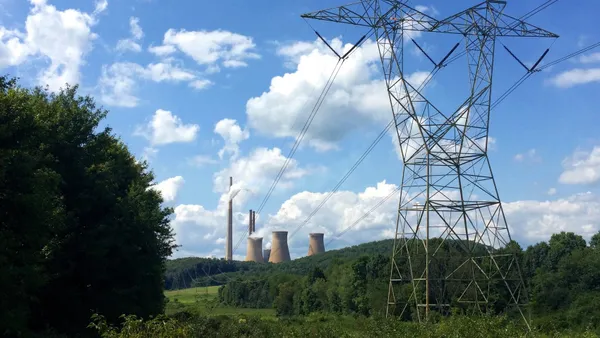Dive Brief:
- A report prepared by the Brattle Group for the Natural Resources Defense Council outlines the myriad reasons some coal and nuclear plants are considering retirement and cautions against focusing on the plants' so-called "baseload" attributes.
- Instead, Brattle's report suggests system planners focus on developing a framework that accurately defines and measures system needs and consider a wider range of resources to power the grid.
- The new report is one of several released recently addressing the United States' grid operation, energy markets and power mix. They come ahead of a highly-anticipated study the U.S. Department of Energy is developing, addressing whether clean energy policies threatening reliability by forcing coal and nuclear plants offline.
Dive Insight:
While Brattle's report has suggestions for policymakers and extensive explanations of why older plants are struggling, the report's real mission is one of diction.
"Overall, this report explains that the use of the term 'baseload' generation is no longer helpful for purposes of planning and operating today’s electricity system," the authors wrote. "As some of the coal and nuclear plants face retirement decisions, focusing on their status as 'baseload' generation is not a useful perspective for ensuring the cost-effective and reliable supply of electricity."
The report cites several reasons for less-efficient plants' financial struggles: low natural gas prices, slowed demand growth, increased building and appliance efficiency, and the rapid growth of low-cost renewables.
"Efficient supply planning and operations require that a broad range of resources be considered and evaluated based on the services they provide, their attributes, and their joint ability to meet well-specified system and public policy needs," the report concludes.
The Brattle/NRDC report is just the latest in a group of grid papers to be released ahead of the DOE's highly-anticipated baseload study. Secretary of Energy Rick Perry has indicated the Trump administration may seek to preempt state energy policies if it concludes reliability is threatened.
Last week, a report funded by the Advanced Energy Economy Institute and the American Wind Energy Association concluded the United States' power mix is changing and identified a similar mix of factors. The report, conducted by Analysis Group, found cheaper natural gas, flat demand and more efficient generation were forcing some older units offline.
The report also concluded that at least in the short term, the changes are not a threat to power reliability.
"Increasing quantities of natural gas and renewable generation are increasing the diversity of the power system and supporting continued reliable operations," the Analysis Group report concluded.
In another report, Wilkinson Barker Knauer LLP and the Power Research Group last week warned that the merchant generation industry is seriously compromised and some large generators could be "headed toward a second round of bankruptcies in less than twenty years."
Stagnant demand growth, increasing renewable generation and historically low gas prices have sent the merchant sector into "crisis,” the law firm's analysis found. WBK concluded customers could see higher and more volatile prices, decreased reliability, or both, as a result.
As for DOE's own assessment, it has been delayed until next month.














